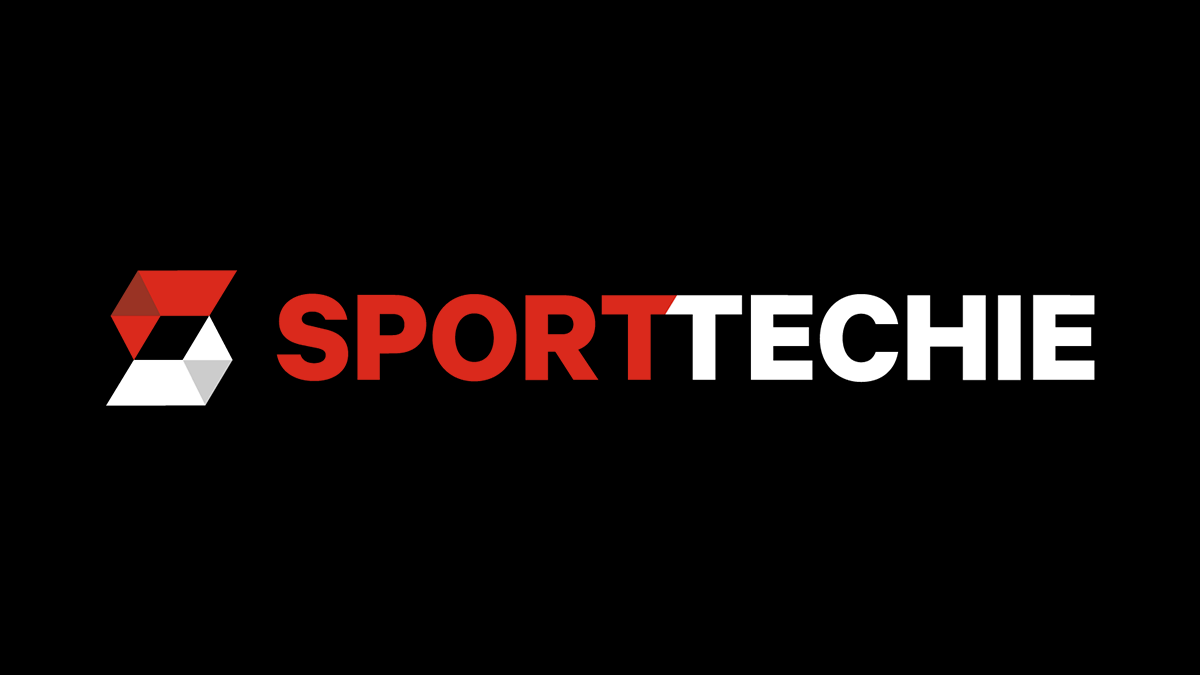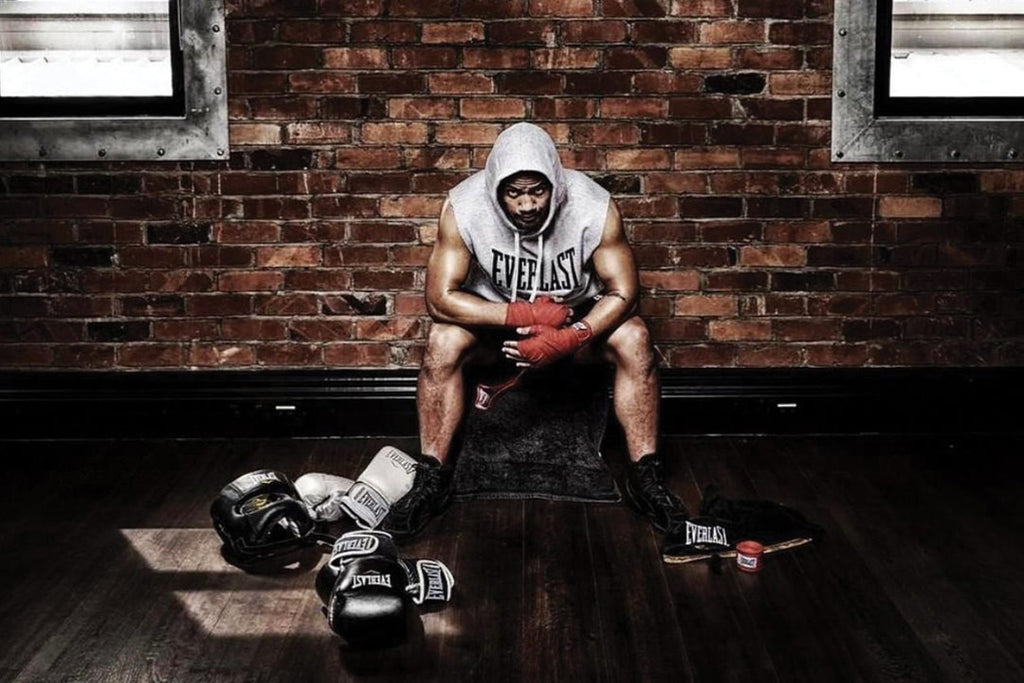
Sense Arena, a virtual reality ice hockey training platform that works with five NHL teams, has announced two new collegiate partnerships with Boston College and Arizona State University. Both BC’s men’s and women’s hockey teams will now use Sense Arena during practice, while ASU’s deal makes Sense Arena the cognitive training partner of the Sun Devils men’s hockey team.
Boston College and ASU join Harvard, Cornell, Northeastern and Quinnipiac as the six NCAA Division I schools partnered with Sense Arena. Players wear an Oculus VR headset to access Sense Arena’s app that simulates a variety of hockey drills for skills such as passing, shooting, reaction time, checking and goaltending. Players wearing the headset hold a hockey stick mounted with Sense Arena’s sensor so that their real-life stick movements transfer within the training game. Players on the Arizona Coyotes have used Sense Arena to help them train while rehabbing injuries, and the company’s other NHL partners include the New Jersey Devils, LA Kings, Las Vegas Golden Knights.
“We have much more usage from the younger athletes who are looking for an edge to make the final step to become pros,” Sense Arena founder and CEO Bob Tetiva told SportTechie. “From a marketing and business perspective, obviously you want to have the NHL contracts, it creates credibility. But from the athletic perspective, it is even more important to bring the technology to the college teams and to high schools [because] this is where we can really influence their development. And then it will benefit in a couple of years when these guys sign their NHL contracts, they will have the routine and be happily using our system on a continuous basis.”
Sense Arena expects to add a sixth NHL partner ahead of the upcoming season and the company raised $3 million in May to fuel expansion of its VR cognitive training products into other sports. Prague-based Sense Arena also plans to develop virtual reality-based entertainment games across multiple sports to complement its cognitive training products.
BC will receive four Sense Arena systems and ASU will receive two to start. Sense Arena is currently only available for Meta’s Oculus headsets, but Tetitva expects to soon expand compatibility to headsets from PlayStation, Apple, and Pico, which is owned by TikTok’s parent company ByteDance.
“Everybody’s looking forward to what Apple’s going to do. There are rumors that they should come up with their headsets at the beginning of 2023, which from the marketing standpoint doesn’t really make sense to miss the Christmas market,” Tetiva says. “But let’s see. We know from history that whenever they put something out there, it has really elevated the technology to the next level. So I completely understand their standpoint that they want to bring a highly advanced solution. And then we will just adopt to that.”



